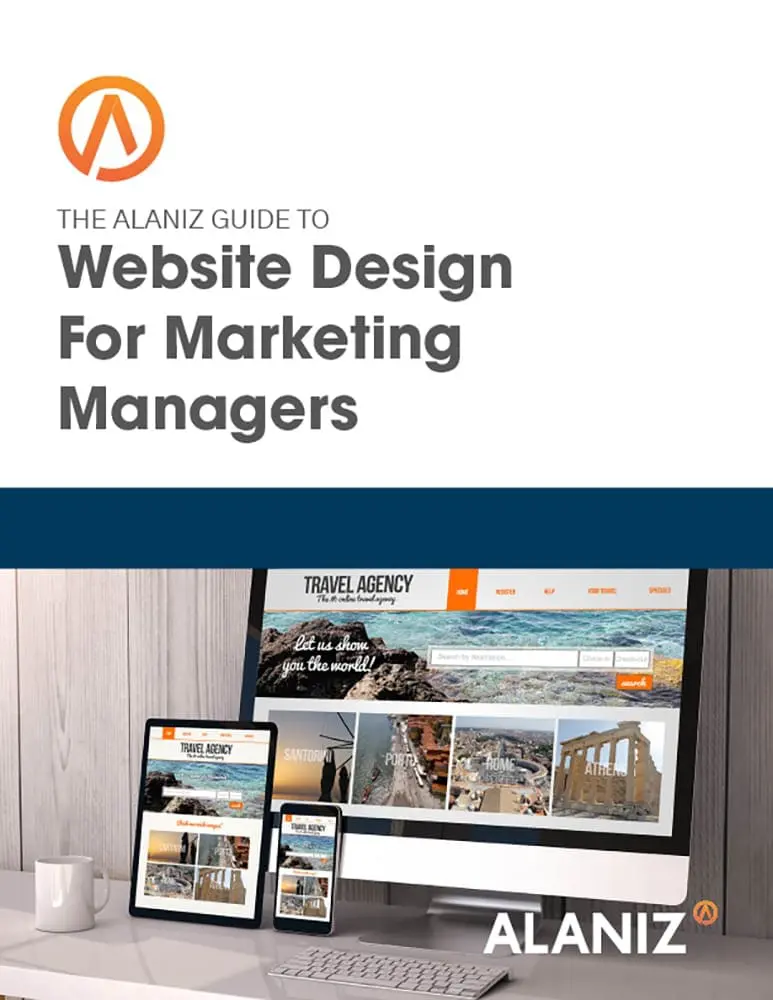This blog post is part of “The Ultimate Guide to Web Development” blog series.
The Straw that Broke the Camel’s Back – The Story of Our Agency’s Move from BlueHost to WP Engine
Around a year ago, BlueHost went down. And I mean down down – all of their sites – and all of our company and client websites. Disaster!
BlueHost eventually got everything back online, but this caused us to really evaluate where we chose to host ourselves and our clients. Until something goes wrong, it’s easy to look at hosting as a commodity – all the same, with several basic options of shared, virtual private, and private hosting.
Another issue that brought hosting to the forefront of discussion was a significant uptick in malware attacks that affected a couple of our clients. The attacks required a significant amount of effort put toward recovery and cleanup, in addition to the downtime – all of which could have been avoided had they used a more secure hosting solution and maintained their site with regular updates..
Needless to say, the experience led us to formalize our approach to hosting and maintenance and to offer it as a turnkey solution. This also came along at a time when we were deep into the process of formalizing our technology stack, overhauling our development process, and converting into a full agile shop.
As we dove deeper into researching hosting, it became more and more clear that hosting is not a commodity at all. Enter WP Engine. WP Engine specializes in hosting WordPress sites – in fact, that’s all they do. They don’t host non-WordPress sites. They don’t host DNS. They don’t do email. You can’t register your domain through them either. They’ve simply set out to be the best at one thing – hosting WordPress – and the ratings and reviews for them were off the charts.
At first glance, they seemed expensive. The base cost to host a site was around $30 per month, about 10x what you might pay via GoDaddy, BlueHost, or other large hosts. Long story short, the more I dug in, the more I came to understand the value in what WP Engine provided.
Here’s a quick recap:
Performance: WP Engine hosting is built specifically for WordPress and uses proprietary caching technology to make your site load super fast. Overall, they provide better performance and more dedicated resources. Most of the sites we moved over loaded in half the time.
WP Engine also provides access to a CDN or content delivery network. This is a premium service consisting of a large distributed system of servers deployed in multiple data centers across the Internet that help to serve your website content to users with high availability and performance. Basically, it makes your site a lot faster.
Security & Monitoring: WP Engine has killer firewalls and built-in server side security to prevent attacks and security breaches. They also have a long list of disallowed plugins and are quick to notify you if anything suddenly becomes potentially vulnerable. If there is an urgent threat or you don’t respond in time, they will even deactivate vulnerable plugins for you to protect your site.
Backups & Single Click Restore: WP Engine provides automated daily backups and saves them for 30 days. There is also a manual “click to backup” feature that you can use to save things just before making updates or changes to the site. Break the site? No problem. Bring it back online within seconds with a single click to restore.
Core WordPress Updates: WP Engine alerts you of upcoming WordPress core updates so that you can test them in a safe environment if necessary. Otherwise, it will run the updates automatically to make sure that your version of WordPress is always up to date.
Staging Server: Every WP Engine install comes with a staging server. Whenever it’s time for updates or changes, kick the site to staging in a single click and complete all of your updates, changes, and testing in a safe offline environment. When you’re done, click a button to push the changes live.
Customer Service: WP Engine customer service is second to none. I have always been able to get through to someone and they have always been happy to help and capable of solving my problem. This is a stark contrast to many of the value hosts I have worked with who often have long wait times, mediocre service, and often play the game of blaming it on something external.
The final piece of the puzzle was building out a complimentary maintenance plan to take care of all of the things that WP Engine doesn’t do. So we put together a plan that includes all of the necessities, including monthly security updates, priority and emergency support, Google Apps email setup, and more. All of our sites are fully migrated and we are extremely pleased with the features, performance, and service we’re getting from WP Engine. They are a world class company.
Visit our website for more information on WP Engine and our hosting and maintenance services.
This blog post is part of “The Ultimate Guide to Web Development” blog series.




